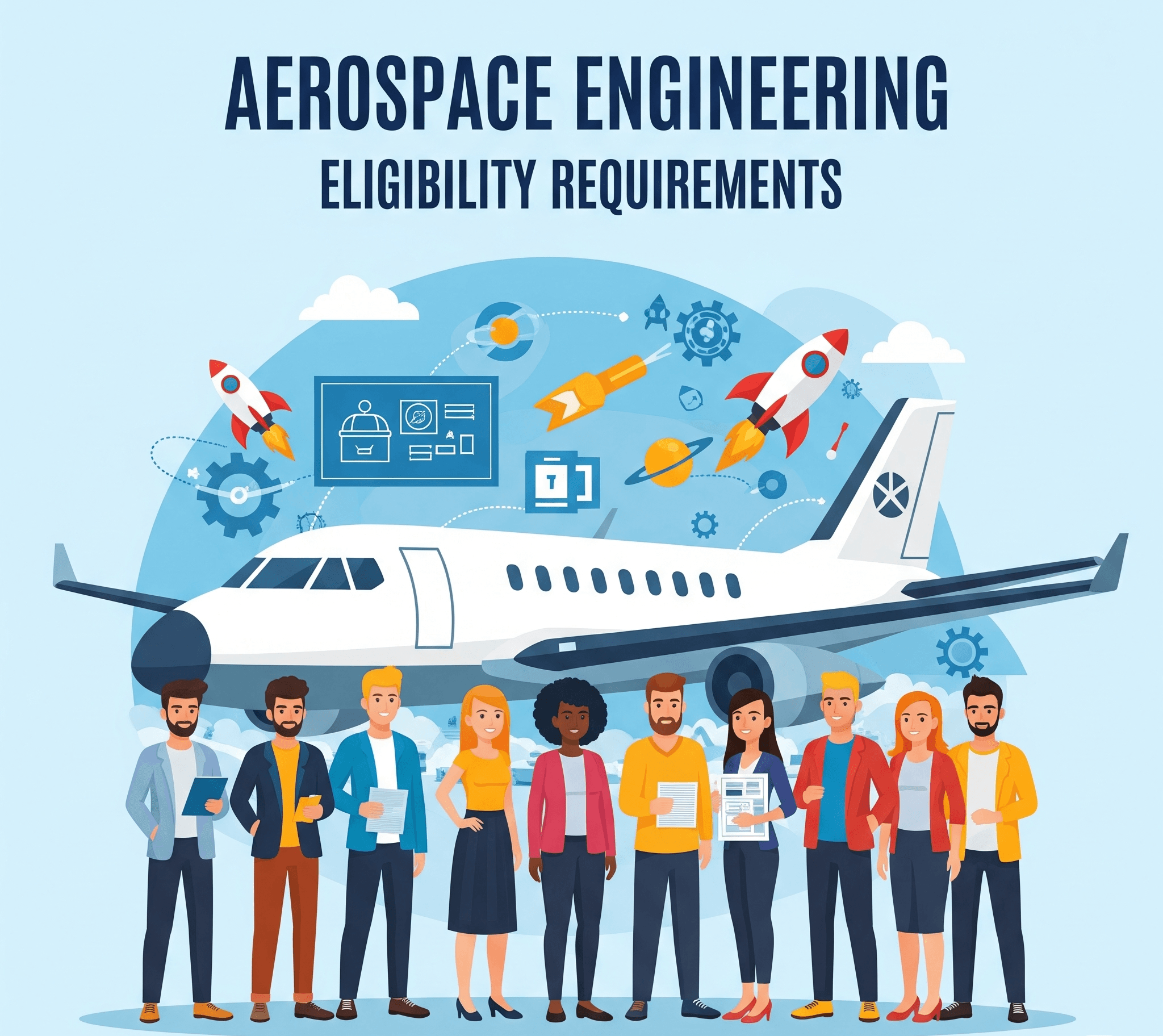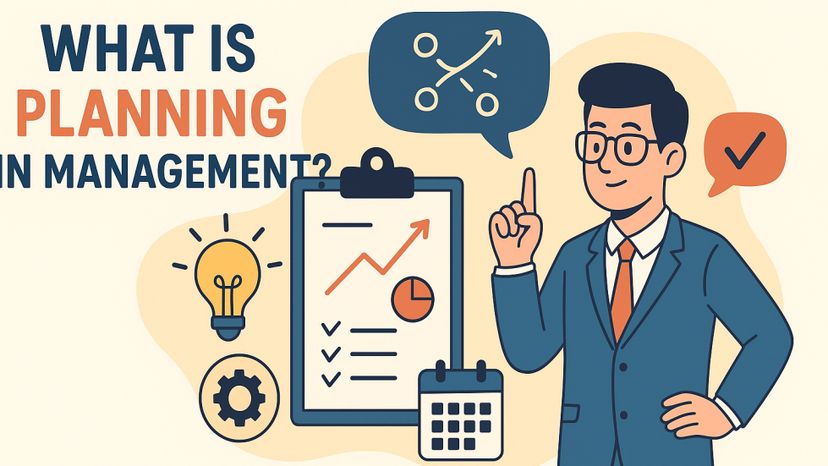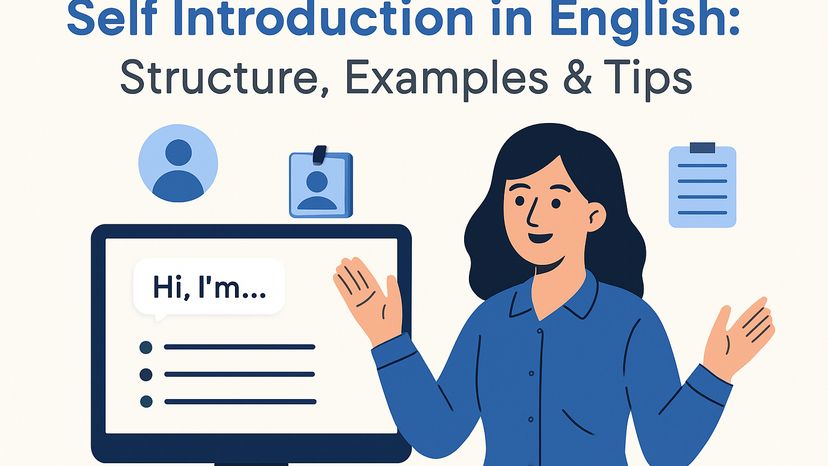Aerospace engineering is one of the most exciting and innovative branches of engineering. It combines the magic of space with the science of aircraft development. For students who love anything that flies, or love physics and mathematics, a career in aerospace offers plenty of challenges and exciting opportunities. Aerospace engineers design and develop everything from powerful jet engines to satellites and spacecraft. They have a direct influence on the future of aviation and space travel. If you've ever dreamed of a career in this high-tech area of engineering, it is essential to know about aerospace engineering eligibility, qualifications, and how to enter the area. This blog is a roadmap detailing everything you need to know - education requirements, top colleges and everything Infigon Futures can offer you on your journey - including psychometric assessments and suggested career guidance!
The Basics: What is Aerospace Engineering?
Aerospace Engineering is about the design, development, testing, and production of aircraft, spacecraft, and all related systems. It has two parts:
- Aeronautical Engineering – concerned with the aircraft within the Earth's atmosphere
- Astronautical Engineering – concerned with the spacecraft that will operate outside of the Earth's atmosphere
If a student is inclined to study aerospace engineering they will be required to study advanced levels of physics, mathematics, and technology. The Department of Aerospace Engineering has a lot of theoretical learning as well as hands-on practice - usually through simulation rooms and research projects.
Aerospace Engineering Eligibility and Qualification
When it comes to aspiring for a professional career in Aerospace Engineering, candidates must satisfy the eligibility criteria. There are several steps involved:
1. Educational Requirements:
- A student must meet the educational requirement of completing the 10+2 or equivalent with Physics, Chemistry, and Mathematics (PCM) as core subjects.
- An aggregate of 50-60% marks is usually asked for in the PCM subjects (it may vary a little among colleges).
These are the base eligibility for Aerospace Engineering qualifications for candidates applying for a bachelor's program.
2. Entrance Tests:
To gain entry into the top-notch colleges offering b tech aerospace engineering, candidates shall appear for national or state-level entrance tests such as:
- JEE Main and JEE Advanced (IITs)
- State CETs
- Other university entrance tests
Infigon's professional career counsellors can work with candidates to devise the right strategy for the preparation of these entrance tests.
How to Become an Aerospace Engineer: The Academic Track
Once the conditions are satisfied for aerospace engineering eligibility, your journey to become an aerospace engineer typically looks like this:
1.(B.Tech/B.E.)Bachelor's Degree:
- Length: 4 Years
- Provided by most top universities and aerospace engineering colleges in Mumbai or even India
Typical aerospace engineering subjects include:
- Thermodynamics
- Flight Mechanics
- Propulsion
- Aircraft Structures
- Avionics
- Space Dynamics
2. Optional Further Studies:
Many students complete their M.Tech, or they may also pursue an MS in Aerospace Engineering to get extra specialization or work in research and development.
Also, visit Aeronautical Engineering Course Details, for more information on specialized aeronautical studies.
Skills Needed to Study and Work in Aerospace
- Strong analytical and mathematical skills
- Creativity and ingenuity
- Teamwork and communication
- Technical software knowledge (CAD, MATLAB, etc.).
If you're unsure of your specific skills for the aerospace industry, a psychometric test will help narrow your strengths and interests.
Aerospace Engineering Colleges in Mumbai
Mumbai has some amazing colleges that offer b tech aerospace engineering, with great academics and readiness for the industry. The following are the best ones:
1. Indian Institute of Technology Bombay (IIT-B):
The Department of Aerospace Engineering at IIT-B is well-renowned for its quality education, research, and emphasis on aeronautics and space technology. This is an excellent choice for international career aspirations.
2. Institute of Chemical Technology (ICT):
ICT, as the name suggests, is primarily known for its emphasis on chemical sciences. Although not an aerospace college by itself, ICT delivers its education through interdisciplinary streams to provide aerospace aspirants with a valid technical path in education to embark on an engineering career. ICT has a core technical base.
3. Amity University Mumbai:
Amity provides a comprehensive, industry-resourceful, b tech aerospace engineering program that is aligned with global education standards. The program is appropriate for students seeking jobs in both government and non-government aerospace organizations.
4. Thakur College of Engineering & Technology:
Thakur College has developed modern infrastructure and provides an application-based program for students seeking a career in aerospace engineering.
A well-planned career path is just as important as good grades, an expert life coach with career counselling at Infigon Futures can help establish career direction.
Other Requirements To Consider
In addition to the academic aerospace engineer education requirements, there are a few other things to consider:
- Some positions may require some physical fitness, especially field testing positions, or positions in the defense sector.
- You will need some communication and teamwork skills since most engineering is done in large teams.
- Willingness to learn and adapt to rapidly changing technology.
To better appreciate how some future communication forms may feature in this area, please take a look at FYIP in Modern Communication.
Frequently Asked Questions
Q1. What minimum marks do I need to study aerospace engineering?
Ans. To enroll in aerospace engineering, you generally need a minimum of 50-60% (or C grade) in 10+2 (PCM). Note that some top colleges will have cut-off marks that increase based on the entrance exams.
Q2. What are the entrance exams for aerospace engineering?
Ans. The entrance exams that can be used for aeronautical/aerospace engineering are almost always: JEE Main, JEE Advanced or almost every state-level CET exam; and some private colleges may have their own entrance tests.
Q3. Can I do aerospace engineering after my diploma as my educational background?
Ans. Yes, students with a diploma (mechanical) or in a related engineering subject, can do a direct entry to the second-year B.Tech Program.
Q4. What is the exact difference between aeronautical and aerospace engineering?
Ans. Aeronautical engineers specialize in aircraft that fly inside the atmosphere of Earth. Aerospace engineers on the other hand study both aeronautics and space vehicles like rockets and satellites.
Q5. Is studying abroad necessary to have a career in aerospace?
Ans. Not at all. Many Indian universities offer great aerospace/aeronautical programs. Studying abroad may give you exposure; however, studying abroad is not required to have a good career!











